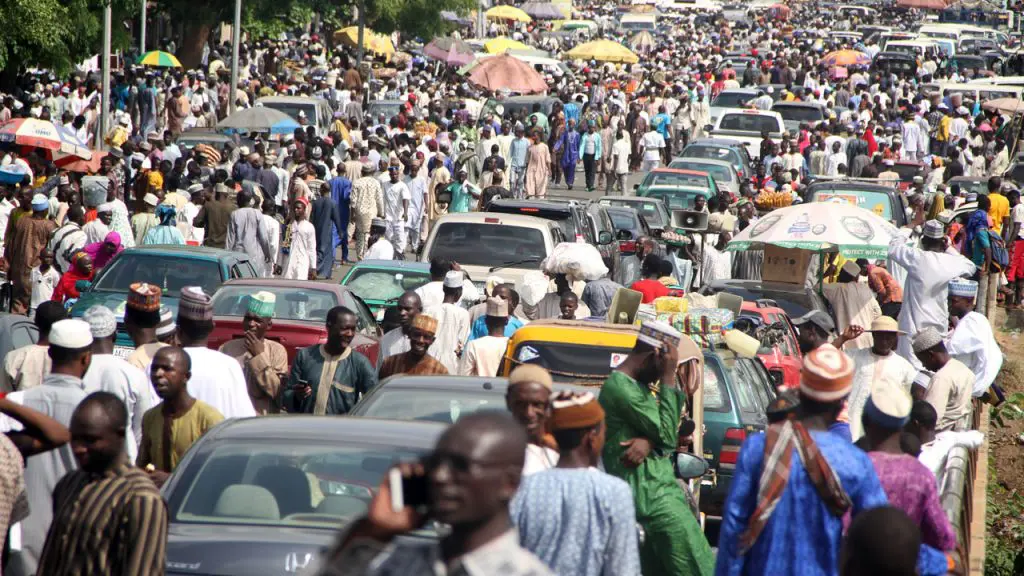Nigeria is grappling with persistent and soaring inflation rates, causing distress among its citizens. President Bola Ahmed Tinubu’s six-month reign has been marked by hardships, Naira depreciation, and escalating insecurity, pushing the nation to a critical point.
In December, the inflation rate reached 28.92%, the highest in 27 years, up from 28.20% in November, as reported by the National Bureau of Statistics. Food inflation, a significant component of the inflation basket, rose to 33.93% in December.
The consequences are evident in the escalating cost of living for Nigerians, leading to a decline in purchasing power. President Tinubu, despite urging patience, faces mounting skepticism from the populace as prices for essential goods like rice, beans, groundnut oil, bread, and eggs have surged significantly.
The World Bank reported that accelerated inflation in the first five months of 2023 pushed 24 million Nigerians into poverty. The country’s economic challenges are exacerbated by a total debt stock of N87.91 trillion ($114.35 billion) in September 2023.
President Tinubu’s policies, including fuel subsidy removal and Naira devaluation, have yet to provide relief for the majority of Nigerians. However, these policies have generated increased revenue for the government, with the federation account witnessing substantial growth in the latter half of 2023.
Economists and experts highlight the complexity of Nigeria’s inflation, attributing it to cost-push factors like the depreciated Naira and rising production costs. They emphasize the need for intentional policies addressing production costs, fuel prices, and subsidies on farm inputs to mitigate the inflationary challenges.
In response to the rising inflation, suggestions include government intervention through price controls on essential goods, enhancing productivity and efficiency, addressing inflation and currency devaluation, promoting competition, investing in agriculture, expanding social safety nets, improving infrastructure, and increasing access to credit.
Despite the challenges, some foresee potential relief in the second half of 2024 through emergency policies on agriculture, initiatives to overcome the scarcity of the US dollar, and the anticipated impact of Dangote and Port Harcourt refineries on strengthening the Naira. However, successful implementation of these measures remains crucial for a meaningful impact on inflation.

